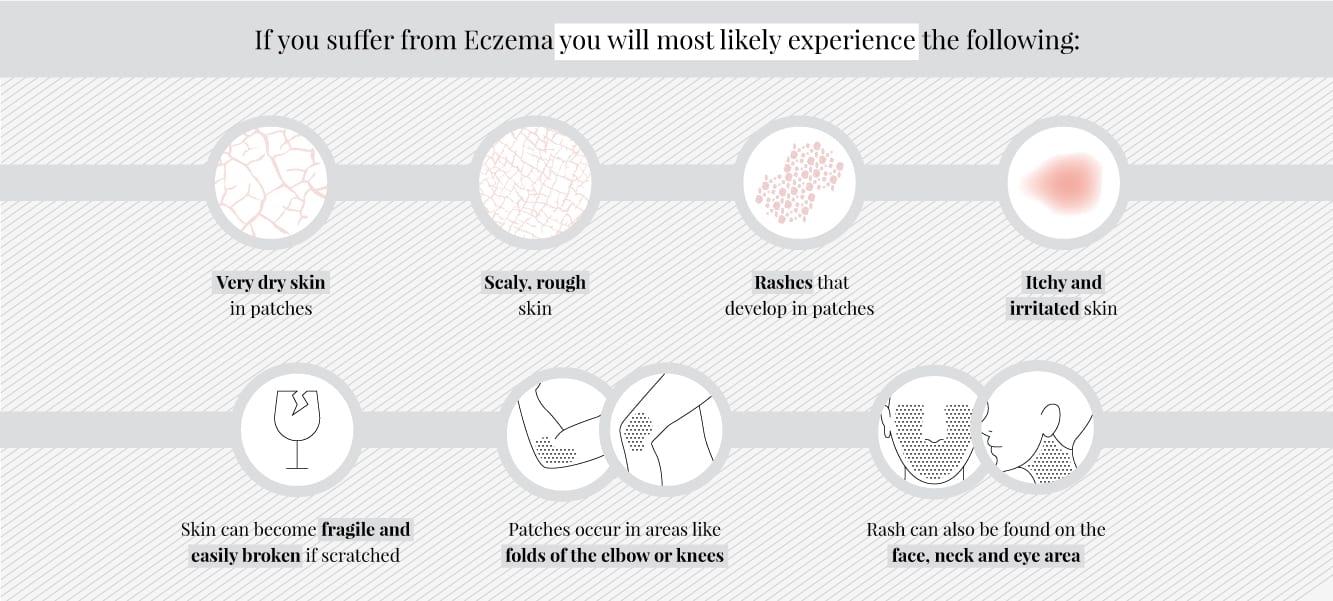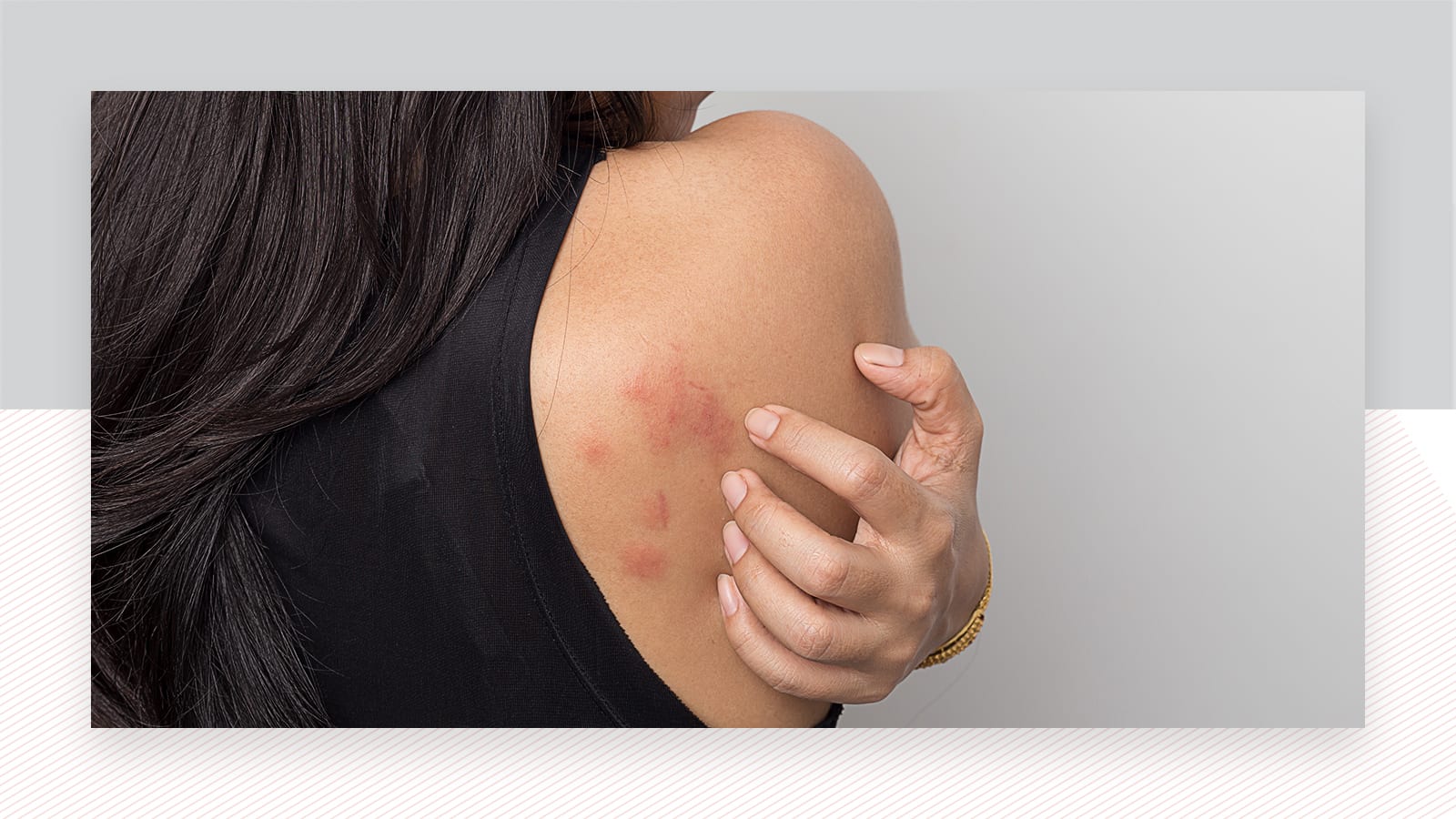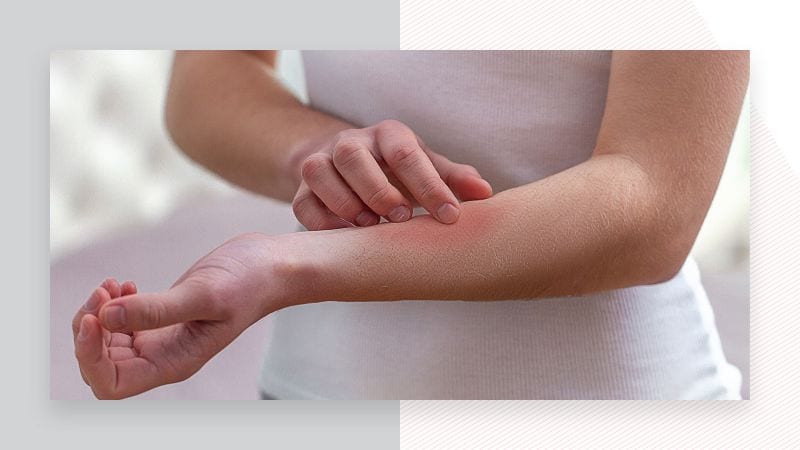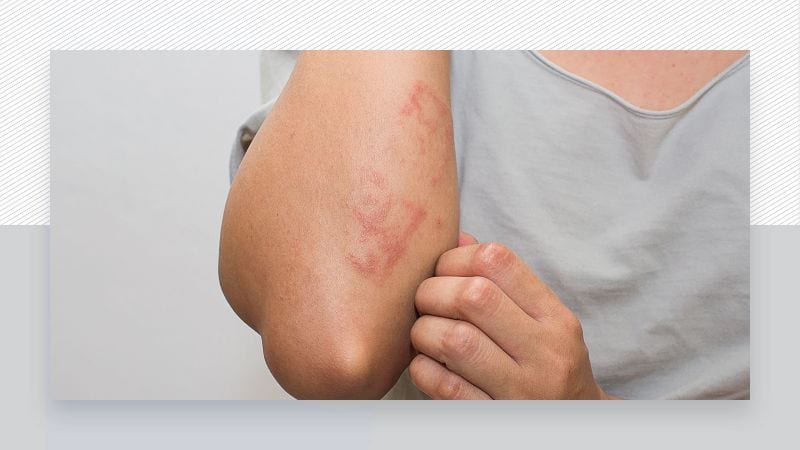Eczema and laser hair removal
What is Eczema?
Eczema is a medical skin condition. Patches of skin become scaly, dry, rough and inflamed and over time blisters may form. As a result this leaves the skin feeling itchy and irritated. This condition is made worse if the skin is scratched on a regular basis. This can cause the skin to open leaving it susceptible to infections. Harshly rubbing the skin will also compromise the skin itself and may lead to inflammation and discomfort. You can have laser hair removal if you have Eczema. However some areas where skin may be affected will have to be avoided during treatment.
Atopic dermatitis is the most common type of Eczema, this is not contagious in any way. This condition can also be related to people who suffer from asthma and other allergies. Some people can develop this in childhood and as they grow older grow out of it. However for some this is a lifelong condition that does need to be managed. There is no cure for eczema but flare ups can be managed when they occur.
If you have Eczema you will most likely experience the following

Can you have laser hair removal if you have eczema?
Yes, you can have laser hair removal if you have eczema. However, if the area where you want to have laser is affected by this condition treatment may be limited.
Laser hair removal treatment uses heat to target and disable hair follicles. When laser is pulsed over the skin it delivers this heat quite rapidly into the skin. To withstand the impact of this heat it is crucial that the skin is strong enough. If laser is pulsed over sections of skin that are affected by eczema it can damage this fragile skin further. Laser should only be performed on areas of the skin that are without irritation.
If throughout a course of treatment eczema flares up treatment will need to be paused temporarily. Enough time must be given for the skin to heal completely before doing another treatment. If medications have been prescribed or prescription topical products used these will need to be checked. A longer wait time may also be needed to allow medications to flush out of the body.
How can a course of laser be affected by having eczema?
A course of laser may be affected by having eczema if flare ups occur throughout the treatment course. Longer gaps may be needed in between sessions if skin becomes compromised. During a course of treatment intervals of between 4-6 weeks are needed initially. 4 weeks is recommended for the face and 6 weeks for the body. These time frames generally are kept at these intervals for the first 5-6 sessions. Depending on results these may be extended to 8 weeks after this.
If after 3 sessions you experience a flare up in your treatment area you may need to leave a longer gap than the recommended time frame. In this time you may miss a growth cycle of hair so you may see more regrowth. This is normal and when you resume treatment hair will reduce again. If this happens a few times during a course a few more sessions may be needed to see results.
Medication if prescribed during your course can affect your time frames. Some medications cause your skin to be sensitive to light so these must be checked. If you are prescribed topical steroid creams skin will need time to recover from these also.
How many sessions of laser are needed to see results if you have eczema?
The amount of laser sessions you will need to see results will depend on your condition. In general 6-10+ sessions are needed to see results. For someone with eczema it may be slightly more than this.
These are estimates on how many sessions to expect
- For mild cases – No flare ups occurred and the correct time frames where adhered to during a full course. A reduction of 80-85% may be achieved after 6-10 sessions.
- For moderate cases – Where 1-2 flare ups occurred and the time frames where lengthened during a course. A reduction of 70-75% may be achieved after 12-14 sessions.
- For severe cases – Flare ups were more common and long time frames were taken during a course. A reduction of 60-65% may be achieved after 12+ sessions.
It is also important to note that settings on the laser will have to be adjusted considerably after flare ups. Skin will remain sensitive for a time after these. It is essential that the amount of heat being delivered by the laser is reduced. Although the skin may appear to be back to normal care needs to be taken.
An assessment and patch test are recommend before recommencing treatment. This will ensure the safety of your skin. Our dedicated laser hair removal specialists perform 100’s of treatments every week. We will ensure that your skin is protected and treated with care. Your safety is important to us, this will never be compromised.
If you have been considering laser hair removal and have eczema please don’t be worried in any way. Eczema is a very common skin condition that we see all of the time. You will need to see us for a consultation before you start treatment so you can chat through any concerns you may have. All of our consultations are free of charge and they take approx 30 minutes. Book yours here.


